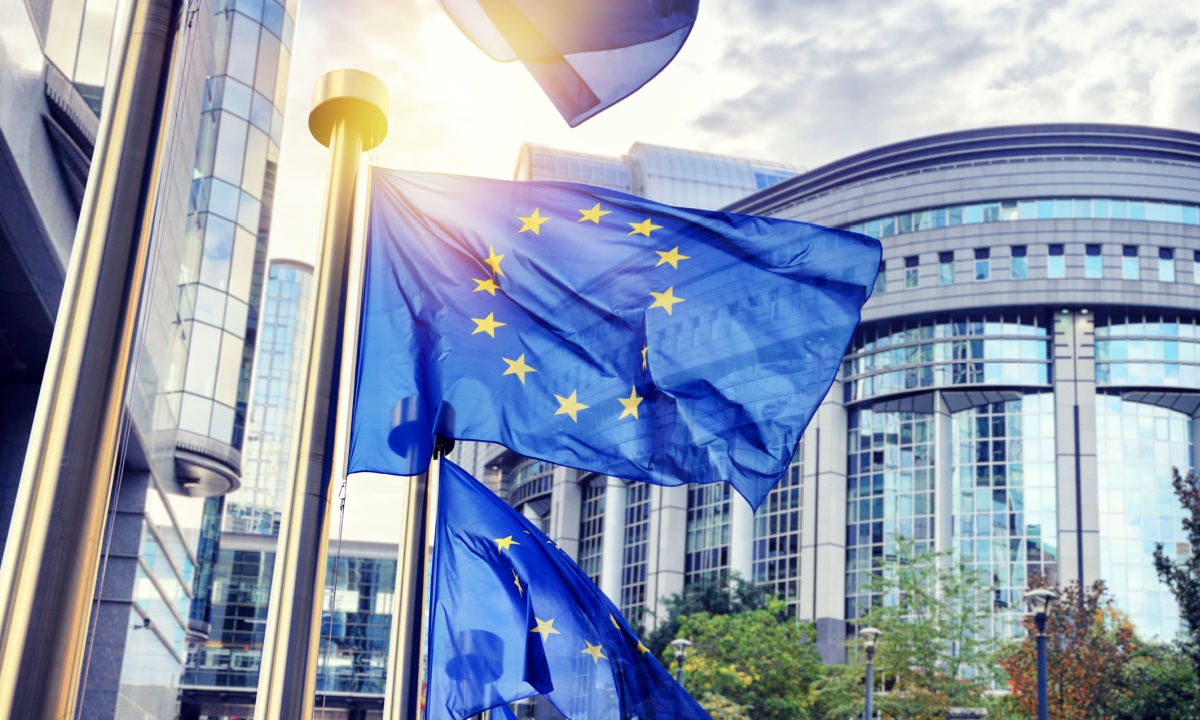Meta’s AI Retreat Could Indicate Regulatory Challenges in the EU

Meta’s AI Model Withdrawal and Regulatory Challenges in the EU
Recently, Meta, the company behind Facebook, made headlines by deciding not to release its latest multimodal artificial intelligence (AI) model in the European Union. This decision underscores the widening gap between the rapid innovations emerging from Silicon Valley and the stricter regulations in Europe.
Reasons for Meta’s Decision
Meta cites an “unpredictable” regulatory landscape in Europe as a driving force behind its withdrawal. A report from The Verge notes that this move aligns Meta with other tech giants, like Apple, who have also reduced their AI offerings in the region.
This decision comes as the European Union (EU) gears up to implement new AI legislation, raising fears about how such regulations may affect innovation and the competitive landscape of the EU’s digital economy. Central to Meta’s concerns is compliance with the General Data Protection Regulation (GDPR), which poses challenges when using user data from platforms like Facebook and Instagram for training AI models.
David McInerney, a commercial manager at a consent and preference management platform, said, “Under GDPR, individuals can challenge many automated decisions. However, as AI technology has developed rapidly, the understanding of these systems hasn’t kept pace.” This sentiment highlights the struggle many companies face in effectively explaining AI’s decision-making processes.
Impact on Digital Commerce
Experts are voicing concerns that the departure of major companies like Meta and Apple from the EU AI market could detrimentally affect commerce. This reduction in advanced AI services might limit businesses in the region from accessing state-of-the-art tools necessary for success. A technology gap fueled by regulations may restrict the ability of EU companies to thrive on a global scale, ultimately stifling innovation in key sectors such as personalized marketing and AI-driven customer service.
The EU AI Act: Overview and Implications
On July 12, EU lawmakers took a significant step by introducing the EU Artificial Intelligence Act (AI Act). This groundbreaking regulation aims to standardize rules concerning AI models and systems across the EU. Its provisions include prohibiting certain AI practices and outlining requirements for what are deemed “high-risk” AI systems, as well as general-purpose AI models.
The implementation of the AI Act will roll out in phases: bans on specific practices will take effect from February 2, 2025, while obligations for general-purpose AI models will start on August 2, 2025, followed by transparency and high-risk system regulations on August 2, 2026. Existing high-risk systems and models already available on the market are given extended compliance timelines.
This uncertain regulatory environment could reshape the tech landscape in the EU. Despite these hurdles, there is an opportunity for tech firms to lead the way in consumer privacy and ethical AI development. As McInerney points out, Meta has a chance to redefine its narrative by taking a stronger stance on privacy than its competitors.
Looking Ahead: AI Development in Europe
As the tech industry observes the EU’s regulatory framework in the context of innovation, the ongoing battle between regulation and technological advancement will be crucial. The outcomes of this dynamic could influence the direction of AI development not only in Europe but also around the world.
EU officials believe that the AI legislation aims to encourage technological innovation through clear guidelines. They emphasize the importance of addressing public concerns regarding AI, including safety risks and job displacement. Additionally, the EU’s approach to regulation arises from worries that a lack of public trust and timely responses to AI advancements could leave Europe lagging behind other global powers like the United States and China.
In related discussions, European Commission President Ursula von der Leyen has called for a revamped competition policy aimed at enabling EU businesses to grow in international markets. This new direction may create a more favorable ecosystem for European firms while attempting to navigate around existing regulatory hurdles.
As the AI Act nears its implementation, the European Commission will focus on creating the necessary guidelines and supplementary legislation. The tech community is eagerly waiting for these details, especially regarding the definitions of AI systems and prohibited practices, which should be available in the next several months.






